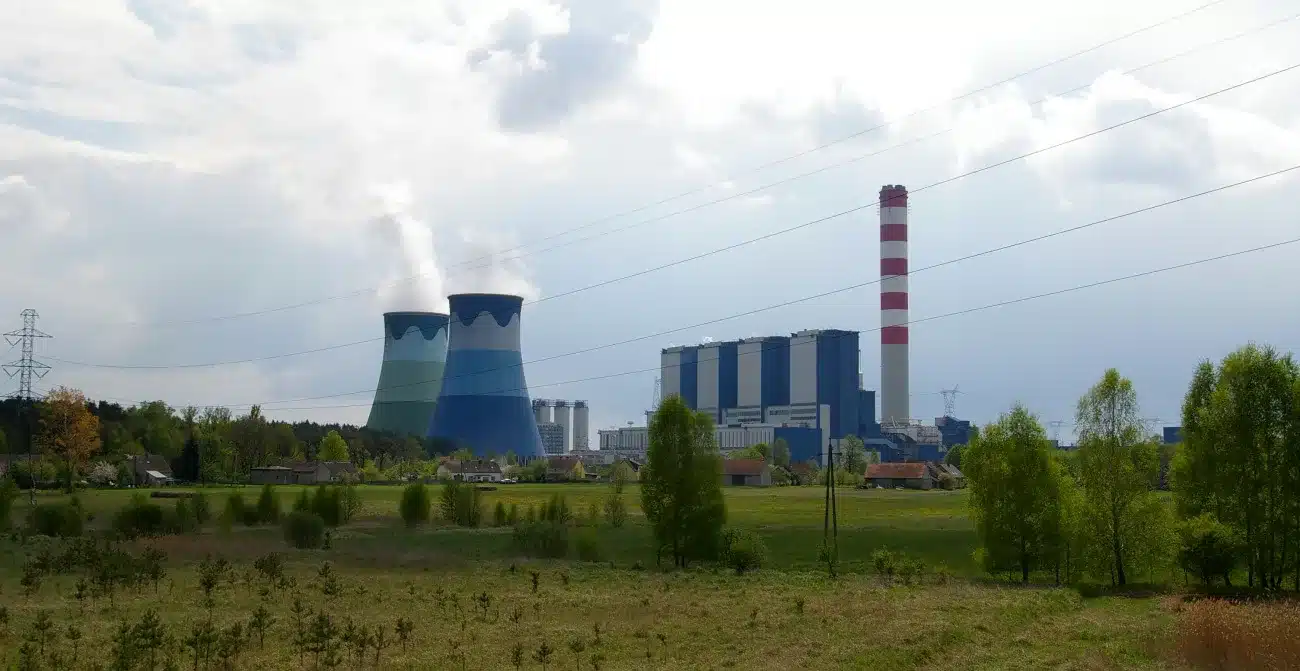A particularly politically sensitive issue is the future of coal-fired power plants and the fate of the mining industry. Polish coal mines, producing exclusively for the domestic market, have no chance of exporting their goods, as they are too expensive.
The capacity of Renewable Energy Sources (RES) is increasing, which is obvious, and the government is simultaneously assuming a relaxation of regulations related to onshore wind power; offshore wind turbines are being built and there is still a boom in photovoltaics. The capacity of coal-fired power plants will decrease from today’s 32 GW to 20 GW, with hard coal power plants disappearing the fastest, especially as Polish coal has become the most expensive in the world. In 2030, there will only be around 13 GW of them.
With an increase in production from RES, there will be less and less electricity from coal in the network. By how much? The climate ministry prefers not to show precisely, hence the total production of electricity from hard and brown coal was summed up. But as can be easily calculated, in 2030 there will be 44 TWh from both types of coal. According to the analysis of WysokieNapiecie.pl, 22% of coal has to be divided into about 6% brown and 16% hard. Hard coal power plants will therefore produce 32 TWh and brown coal about 11.5 TWh. For comparison – in 2023, we produced almost 66 TWh from hard coal and 34 from brown coal.
“Coal-fired power plants have become the ‘black Peter’ for energy companies listed on the stock exchange, i.e. for the Polish Energy Group SA, Tauron SA, and Enea SA. They work fewer and fewer hours a year, they are essential in the Polish energy system when there is no wind and the sun is not shining, but they nevertheless bring losses, also due to the high cost of CO2 emission rights,” says Rafał Zasuń, expert at WysokieNapiecie.pl, in a conversation with MarketNews24. “The losses will be greater and the energy companies would like to get rid of such assets.”
The previous government promised the trade unions an unrealistic plan to close the mines by 2049, completely ignoring the fact that there will be no demand for the coal mined. As the capacity of wind turbines and photovoltaic power plants increases, coal-fired power plants work less and less, so from year to year they burn less coal. The current coalition sticks to 2049, although they realize that this date is unrealistic. Perhaps this narrative will change after the presidential elections.
The previous government also came up with the idea that coal-fired power plants will become part of a new entity – the National Energy Security Agency, and the State Treasury will buy out these assets from energy companies. The idea was good, but it was not agreed with the European Union, which was necessary for granting state aid.
Several tens of billions of zlotys were also not found in the state budget to buy out unwanted assets. They did not want to continue the topic before the elections, because such a reorganization of Polish energy was associated with a social problem: what to do with the laid-off workers of closed coal-fired power plants. This is a huge problem for such regions as Turów or Bełchatów.
“The previous government started the topic, passed the act in the Sejm, and when it returned from the Senate, it gave up its adoption in the Sejm before the parliamentary elections,” comments the expert. “When a few months ago the new government announced that the plan would be continued, it later turned out that there was no money in the state budget, and then the stock exchange rate of shares of three state-owned energy companies flew down.”
To calm the situation, it was decided that it is first necessary to determine which coal-fired power plants are needed in the Polish energy system, and in what order others will be switched off.
The problem is difficult, but without its solution, energy companies will lose liquidity. And they will stop buying emission rights. This is a scenario already known from the fate of private co-generation Będzin, which appealed against the court’s decision; the dispute has lasted for many years and the power plant still produces and sells electricity, which puts us in conflict with the European Commission.
“For the energy system, this state of improvisation is fatal and can end badly,” adds R. Zasuń from WysokieNapiecie.pl.
Source: https://managerplus.pl/przyszlosc-polskich-elektrowni-weglowych-pod-znakiem-zapytania-78229
